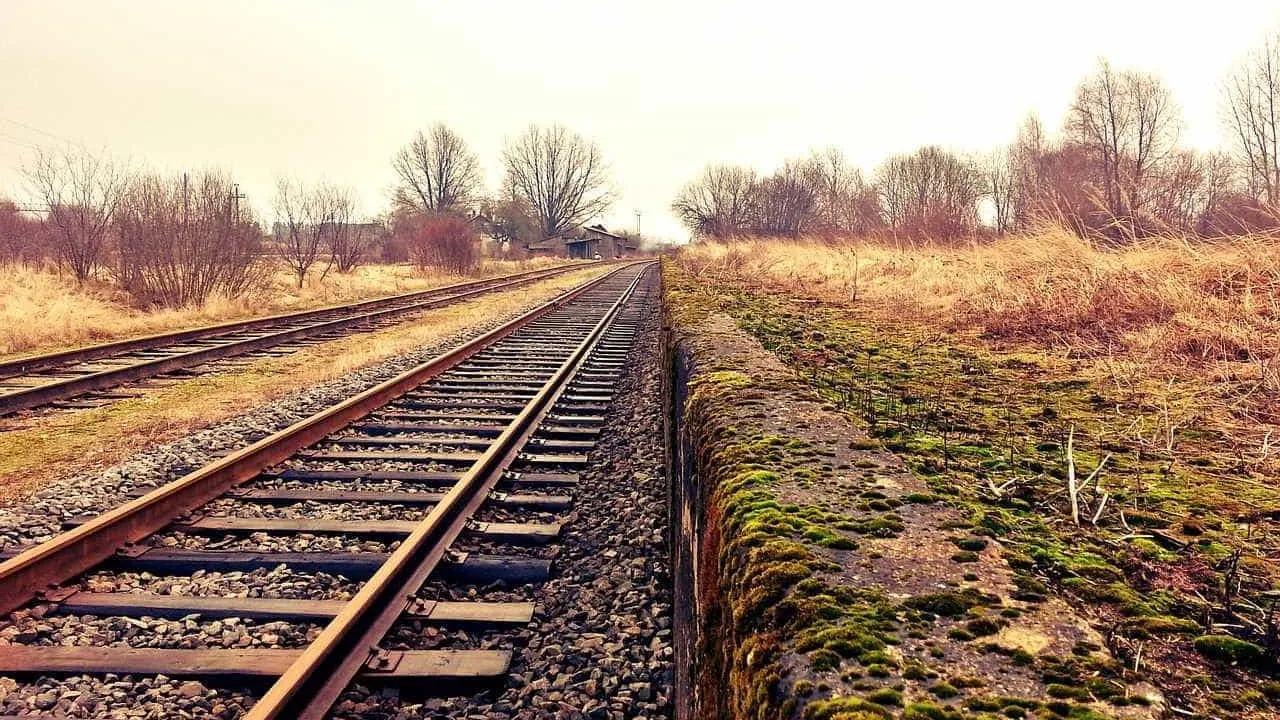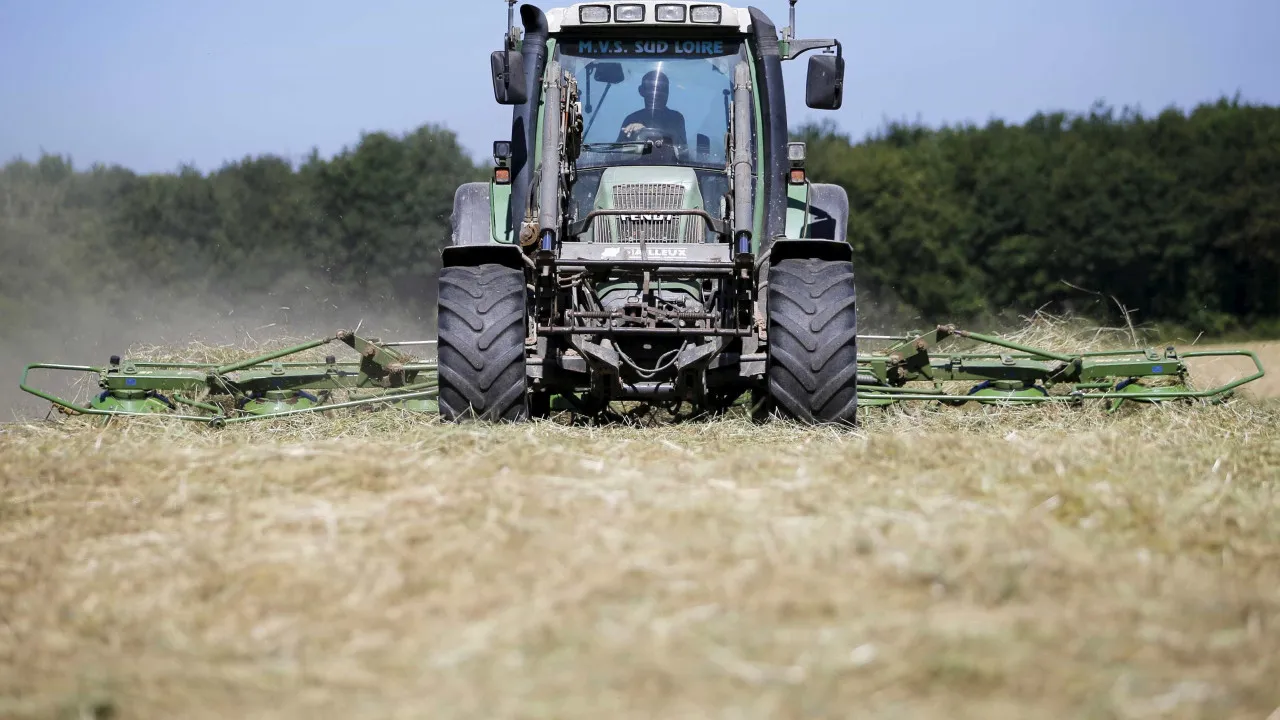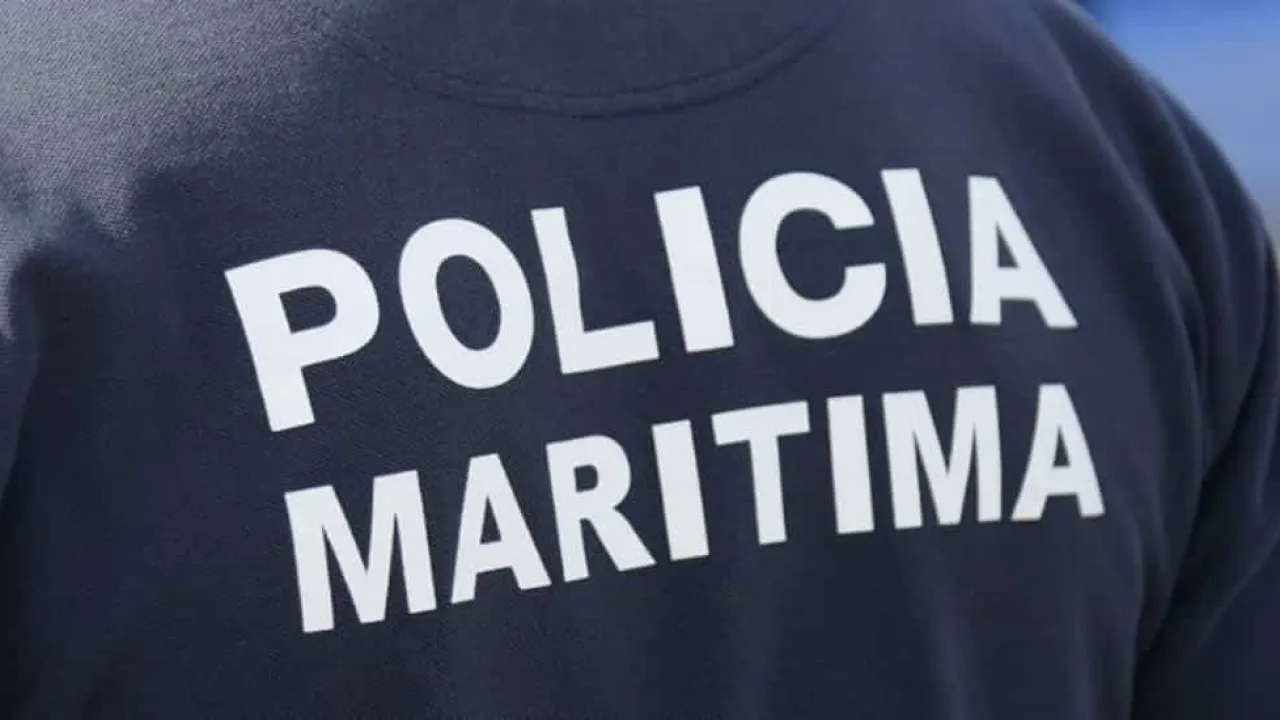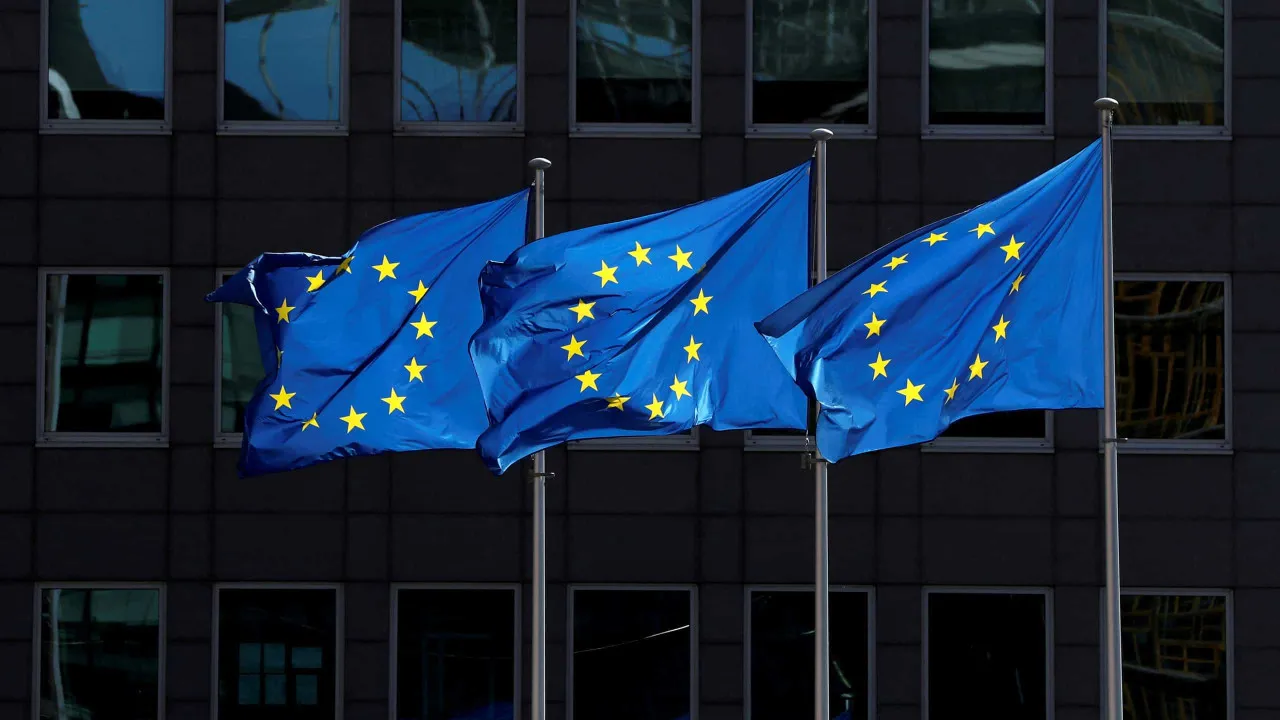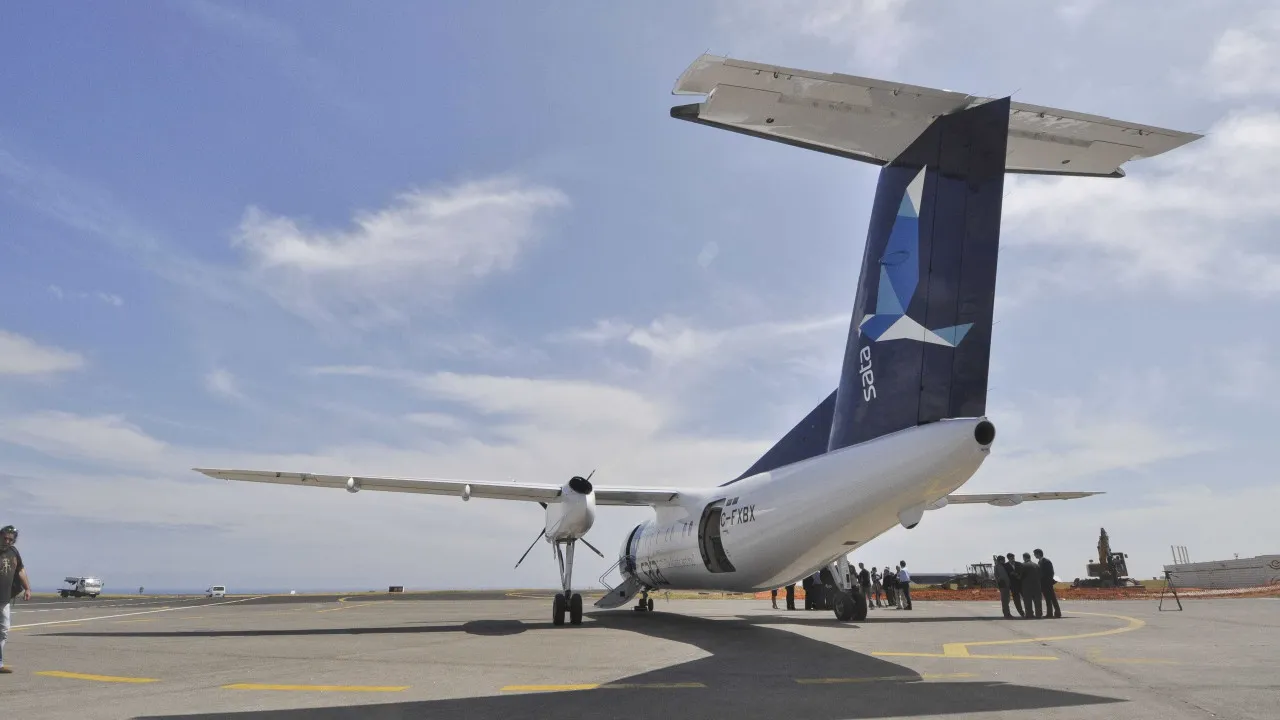
“Even the aircraft manufacturer was unsure which parts would be needed. Additionally, we operate a lot in a saline environment, leading to substantial corrosion discovered during aircraft maintenance,” explained Rui Coutinho, at the Regional Assembly’s Economics Committee meeting in Ponta Delgada.
Rui Coutinho was responding to Chega party deputies who requested the presence of the SATA CEO to explain the reasons behind grounded planes awaiting parts and frequent flight delays, causing issues for Azoreans and complicating business operations.
“We are experiencing the same problems that major airlines face,” assured the SATA president, citing delays in engine and parts deliveries from suppliers and manufacturers, mentioning a Sata Air Açores plane that has been “grounded for over nine months for maintenance.”
During the parliamentary hearing, Rui Coutinho also expressed concern about the newer A320 and A321 NEO models requiring more maintenance than the company’s older aircraft, leading to increased expenses.
“The 320 and 321 NEOs have been a failure due to their engines,” lamented the SATA Group administrator, noting that engines, previously refurbished after 20 years, now require maintenance after only seven years.
Yet, according to SATA’s statistics, cancellations and delays were fewer in the first months of this year compared to the same period last year, with expectations that the IATA summer will be less problematic than in 2024.
“This summer will be good because we already have an additional aircraft. Last year, there was a day when only three aircraft were operational,” recalled Rui Coutinho, adding that throughout June, the company operated an average of seven aircraft, and starting July, there will be “eight aircraft available.”
The SATA CEO also discussed updating SATA’s handling prices, a structure incurring about one million euros in losses in 2024 due to unchanged tariffs since 2000, allegedly due to “interference” from previous regional governments.
“SATA has long been utilized as a surrogate for the economic and business fabric of the Azores, and it cannot continue!” warned the head of the Azorean airline, suggesting that “if that’s to be the case, there should be compensation or a public service obligation.”
The SATA president also criticized successive political party interference in the regional carrier’s operations, which he perceives as being targeted by criticism, accusations, and intense scrutiny, reminding that “those who do not interfere already help.”

